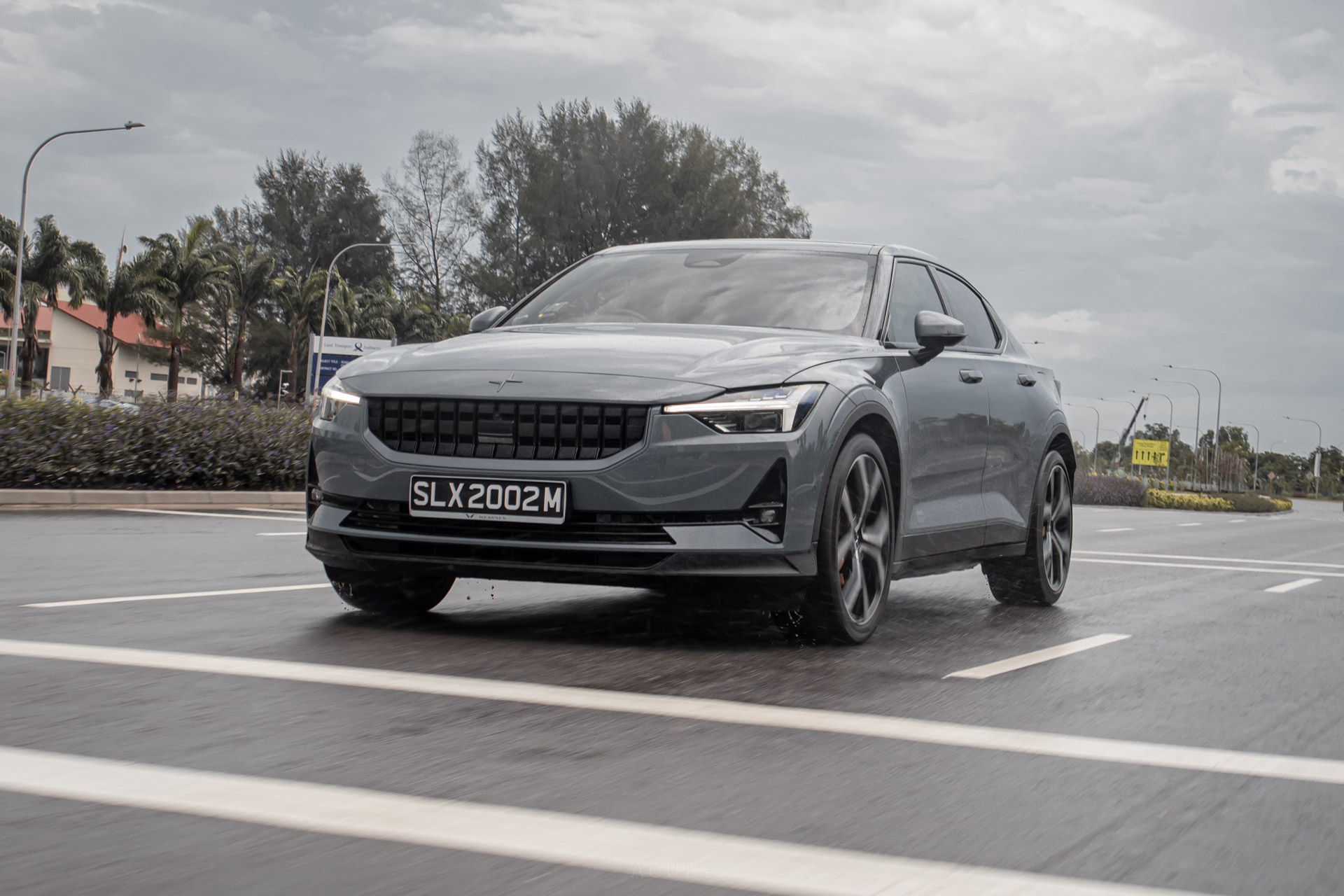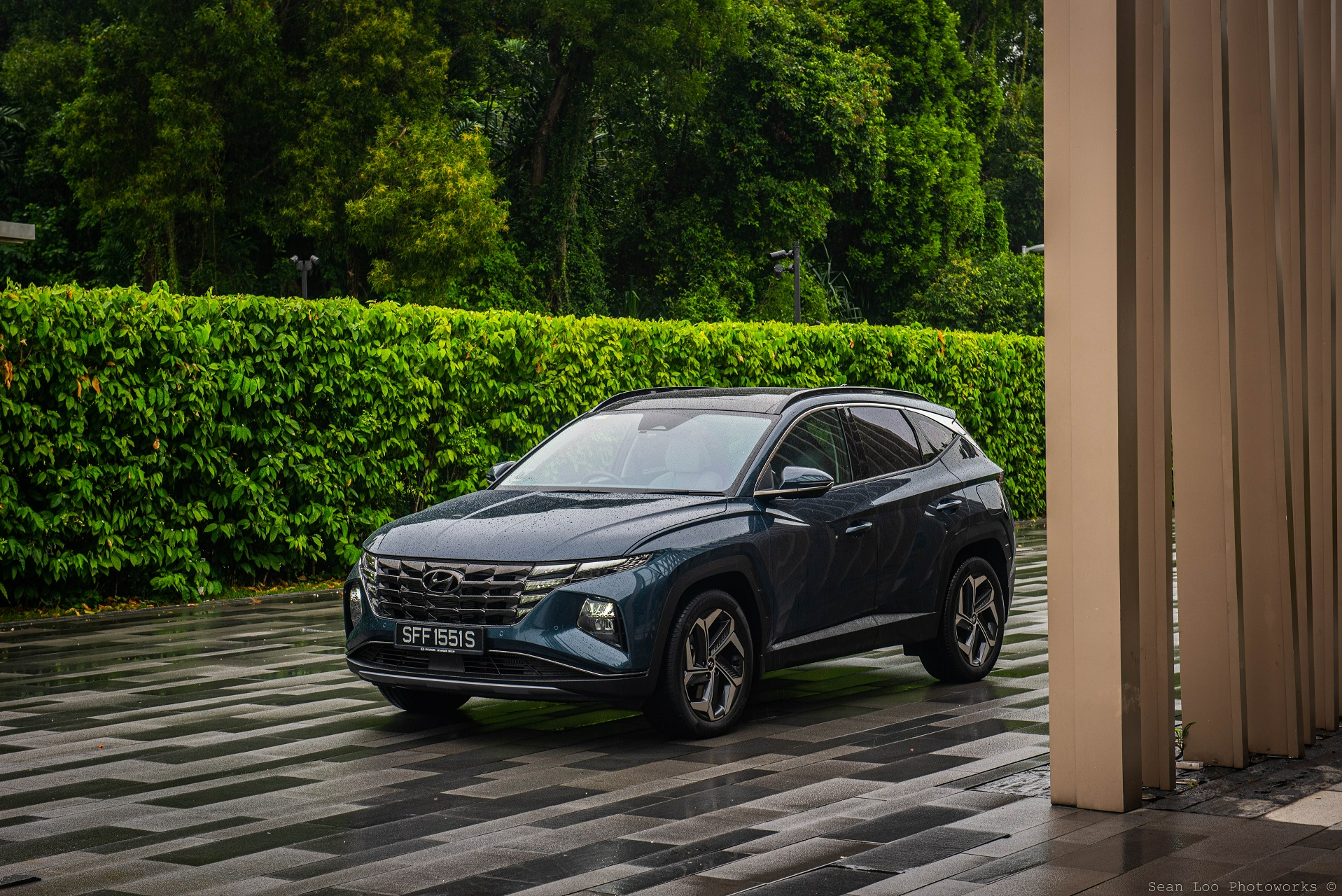Are Electric Cars Really The Way Forward Now?
Electric cars seem to be all the rage in the world today, and the obvious choice if you’d like to portray an outwardly eco-conscious image to the people around you.
In an era where social media credibility reigns supreme, owning an EV seems to be the best way to be seen as someone who is "in-vogue” or “up with the times”. But are EVs really the way forward? And is the current EV formula really the right way to be going about it?
I Have My Reservations
I personally believe that even with current battery technology and its continual advancements, most consumers are not ready to transition over to electric cars entirely, as the conveniences and ease of operation of modern combustion engine cars have become deeply integrated into modern life, and a major deviation from this convenience is something that most consumers are probably not quite yet ready for.

Before anyone points their finger at me for being stuck in the shadow of fossil fuels and combustion engines, I accept and believe (both begrudgingly and unwillingly) that electric cars are the future. Every other day, there is another article or study detailing something about climate change and ever-dwindling oil reserves.
Sooner rather than later, cars with internal combustion engines are destined to be relegated to the history books. This is even more apparent with manufacturers like Ford, Jaguar, Audi and Volvo all committing to go fully electric in the years leading up to 2030.
Things Will Be On The Up, But Time Is Needed For The Technology To Mature
Despite the hype around electric cars, the inescapable fact is that battery technology is still in its relative infancy (especially when compared like-for-like with an ICE car), and more time is needed for the technology to mature.
This maturity refers to both the battery chemistry itself, and also the charging infrastructure, which at the moment, is not fully suited for widespread adoption of electric vehicles just yet. There just aren't enough chargers to go around if we were to suddenly switch to a majority EV fleet locally.
Stop-Gap Measures?
Instead, I firmly believe that hybrid vehicles should be the way to go until battery technology for electric vehicles matures, and are able to provide the same level of convenience, range and ease-of-living as cars with internal combustion engines.
 Case in point, the primary task of recharging an electric car, as doing so requires a good amount of time. To refuel a combustion engine vehicle, one can be finished as quickly as five minutes. Even with the fastest electric chargers available today, which are the DC chargers, one can still expect to wait at least 30 minutes or more for an electric car to get a decent amount of charge.
Case in point, the primary task of recharging an electric car, as doing so requires a good amount of time. To refuel a combustion engine vehicle, one can be finished as quickly as five minutes. Even with the fastest electric chargers available today, which are the DC chargers, one can still expect to wait at least 30 minutes or more for an electric car to get a decent amount of charge.
That is unless you happen to own a Tesla - their native superchargers can charge at up to 250kW, allowing you to recharge from 20% to 80% in roughly 30 minutes. If you only have access to a lower-powered AC charger (most AC chargers operate at 7.4kW), recharging your electric car from empty could very well become an overnight affair.
That isn’t to say that car makers are not future-proofing their current EVs. There are many 800V capable systems on higher end EVs like the Porsche Taycan. Unfortunately, the supporting infrastructure just isn’t present to allow this to be exploited.
The Hybrid Side Of Things
It would be ignorant to assume that hybrid vehicles do not emit tailpipe emissions, but these are significantly reduced as compared to ICE cars. A quick check online on a few models show just how much difference there is in tailpipe emissions between hybrid and non-hybrid vehicles.
For instance, the Toyota Prius emits 91g of CO2 per kilometre, while the non-hybrid Toyota Altis emits 145g of CO2 per kilometre, a difference of 49g. While this might not seem like much, as we can’t exactly expect every car in Singapore be a Toyota Prius, every little less bit of CO2 emitted counts towards reducing the overall CO2 emitted by cars not only in Singapore, but around the world, daily.
 Hybrid vehicles achieve significantly more range on a single tank. Like the Honda HR-V/Vezel, one of Singapore’s most popular cars, available in petrol and hybrid versions. With the petrol-only variant, expect an average range of 550km on a full tank of 40 litres. With the hybrid variant, the range is significantly increased to well over 700km on the same amount of fuel.
Hybrid vehicles achieve significantly more range on a single tank. Like the Honda HR-V/Vezel, one of Singapore’s most popular cars, available in petrol and hybrid versions. With the petrol-only variant, expect an average range of 550km on a full tank of 40 litres. With the hybrid variant, the range is significantly increased to well over 700km on the same amount of fuel.
I personally feel that there are little to no drawbacks when it comes to living with a hybrid vehicle. Should you be low on fuel, head to a petrol station, refuel the car, just like you would with a purely ICE vehicle. While some under floor boot space may be given up fitting the batteries for the hybrid system (varying from model to model), some cars have their batteries packaged more efficiently so that it doesn’t intrude on boot space, mitigating any infringement on the vehicle's cargo carrying capability.
Need I Say More?
And while some individuals still might think that hybrid cars are boring, I feel that this topic has long been shut down with cars like the BMW i8 and the Porsche Panamera e-hybrid. These cars have proven that not all hybrid cars have to be sedate and commuter-friendly cars like the Kia Niro, Nissan Note e-POWER or the Hyundai Ioniq. Hybrid cars can be exciting, fun-to-drive and just as capable as any modern high-performance cars with internal combustion engines.
I’m still not entirely convinced that now is the time to jump to electric cars, as the technology still has ways to go before being more suitable for adoption on the same scale as ICE vehicles. Nonetheless, I am still excited to see what the future holds, and I eagerly anticipate the day that I can actually enjoy driving an electric car that gives me an equal or perhaps even improved level of convenience as compared to the ICE cars of today.
Super App for
Vehicle Owners
Read More: How Differently Does An Electric Vehicle Drive?
Download the Motorist App now. Designed by drivers for drivers, this all-in-one app lets you receive the latest traffic updates, gives you access to live traffic cameras, and helps you manage LTA and vehicle matters.
Did you know we have a Motorist Telegram Channel? Created exclusively for drivers and car owners in Singapore, you can get instant info about our latest promotions, articles, tips & hacks, or simply chat with the Motorist Team and fellow drivers.

